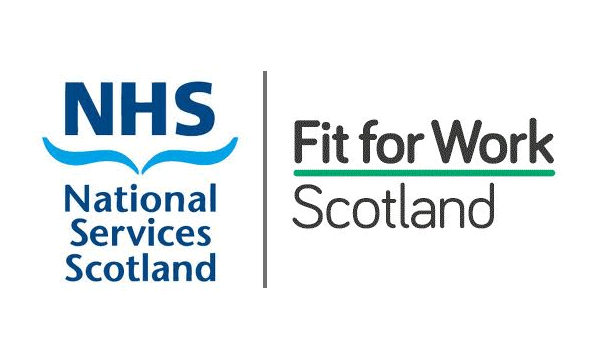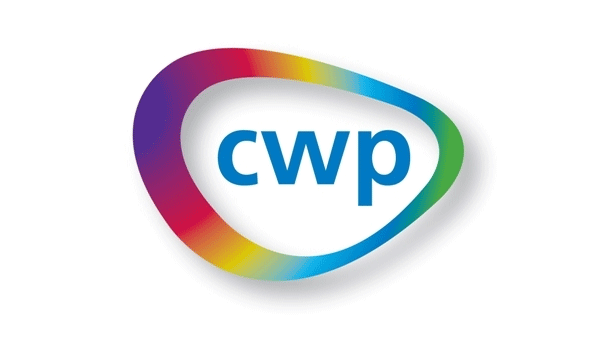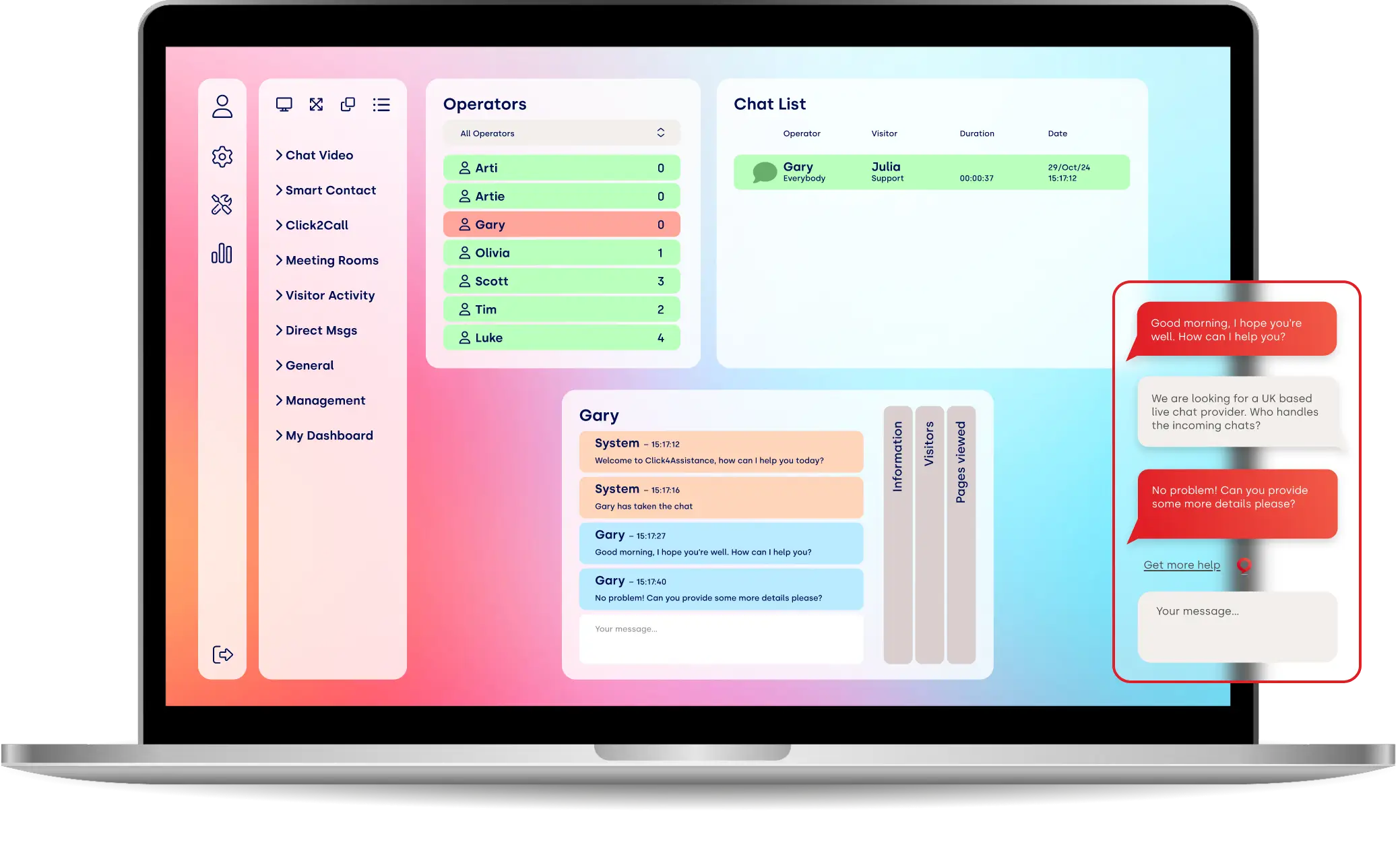Live Chat Integration Provides Economy of Scale to the NHS
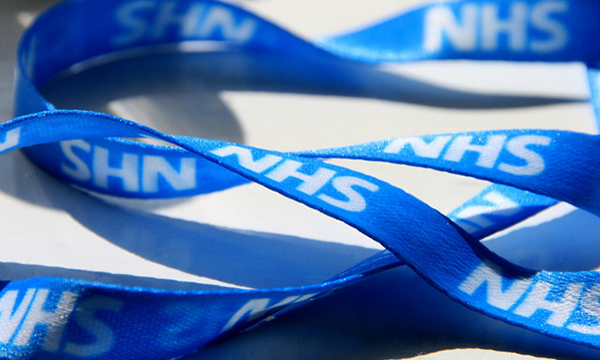
Cuts to services for the NHS have been a major threat, with one in six A&E departments at risk of closure or downgrade in the next year. Live chat can provide hospitals with an economy of scale, (a proportionate saving in costs gained by an increased level of production) as staff are able to be more productive with the instant communication channel.
The transition of the NHS 111 helpline started in 2014 and was completed in late 2016. It has been extremely popular among patients, with the service providing beneficial in reducing the number of admissions into A&E and the amount of ambulances called for.
“For the full year April 2016 to March 2017, 17% of respondents wrote that they would have called for an ambulance, and 29% would have attended A&E, had 111 not been available.
“Given that the actual dispositions for the 11.7 million calls triaged over this year were 13% ambulances and 9% A&E, this suggests that 0.4 million callers were directed away from the ambulance services, and a further 2.4 million were directed away from A&E.”[1]
Similar to the 111 non-emergency service, a representative could be available on chat to assess whether an individual needs to visit A&E. For minor cases described, the operators can advise on alternatives rather than coming to A&E such as seeing their pharmacist, GP or an out of hour’s doctor, reducing the time people are in the department for, some even experiencing a 30 hour wait!
Providing the service via chat can increase staff members’ productivity, as they are able to handle more enquiries at any one time, requiring less staff to be available on the helpline, enabling them to save resources.
NHS Examples
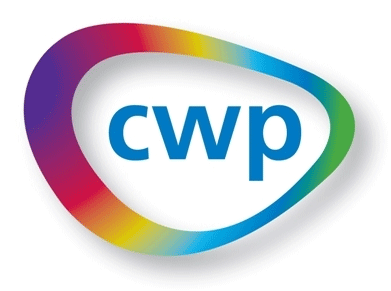
NHS organisations are integrating live chat to further facilities including advisory services. CWP NHS implemented chat to deliver a health and wellbeing service to young people, encouraging them to take responsibility for their own health. Whereas, NHS National Service Scotland procured live chat for Fit for Work Scotland, providing visitors with information to reduce the impact that absences have on the individual, employer and the state.
As resourcing can be stretched at times; these members of staff can control their availability within the live chat solution if they become overwhelmed or are needed elsewhere. They can switch themselves to unavailable if they will be absent from their desk for a short amount of time or can log off entirely if they will be away for longer periods of time.
Alternatively, to save money many NHS services are provided by volunteers; with Click4Assistance, live chat users can log in regardless of their location, allowing volunteers working from home to access the solution to help advise visitors. They can be monitored in real time by a supervisor who can speak directly with them in the training room, should the need arise. Alternatively supervisors can run reports to assess how the operator is performing and that visitors are happy with the service.
Live Chat Integration Security
Security is the most important aspect of running a healthcare organisation ensuring that patient confidentiality remains protected. With cyber-attacks crippling the NHS earlier this year it is vital that any third party suppliers are secure.
Click4Assistance is governed by the Information Commissioners Office (ICO) and complies with their regulations and Data Protection Act 1998. Live chats conducted through the Click4Assistance Solution are transmitted using SHA-256bit SSL encryption (same level of security you would expect on a payment page), where data is fully held in the UK within the Equinix datacentre.
Click4Assistance has been providing live chat integration services for over 10 years and has helped healthcare companies to improve patient services, including BMI Healthcare, Cancer Research and The Priory Group. For more information contact our healthcare co-ordinator on 01268 524628 or email theteam@click4assistance.co.uk.
[1] NHS England, NHS 111 Minimum Data Set 2017-18



















